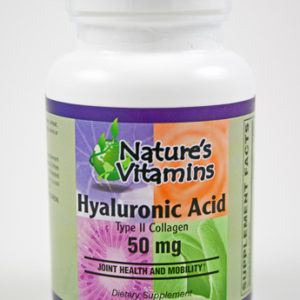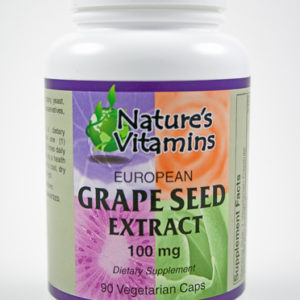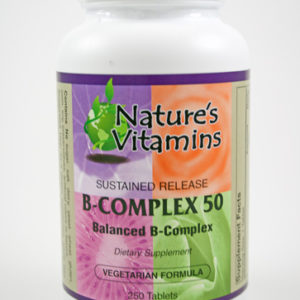Description
Green tea has been consumed as a beverage for centuries. It originated in China and then spread to Japan and the Middle East. Numerous scientific studies have demonstrated the health benefits of green tea. The active components of green tea are known as polyphenols. The polyphenols that demonstrate the most significant biological effects are the catechins, particularly epigallocatechin gallate (EGCG). These compounds have significant biological activity. They work in several ways to improve cardiovascular health, support normal, healthy cell growth, provide antioxidant protection and support a healthy metabolism.*
Features:
. Features European green tea extract made by a water extraction method without the use of harmful solvents. The majority of studies conducted on green tea involved the water infusion (brewed) form of the tea. This extract is closer to the kind of green tea found in the most significant studies.
. Two capsules are equivalent to about one cup of tea.
. Standardized to 50% Catechins.
. Contains 17% EGCG (Epigallocatechin gallate).
. Green tea standardized extracts are made for the convenience of taking a capsule rather than drinking several cups of tea.
. Green tea catechins are powerful antioxidants that help neutralize free radicals.*
. Green tea has been shown in studies to support the health of the cardiovascular system.*
. Green tea helps support normal, healthy cell growth.*
. EGCG, a polyphenol found in green tea has been shown to support a normal, healthy metabolic rate (rate at which the body burns calories).*
. Green tea may help support a healthy body weight.*
. Contains naturally-occurring theanine, an amino acid that provides a “calming” effect and helps counteract the stimulating effects of caffeine.*
*These statements have not been evaluated by the Food and Drug Administration. This product is not intended to
diagnose, treat, cure or prevent any disease.







